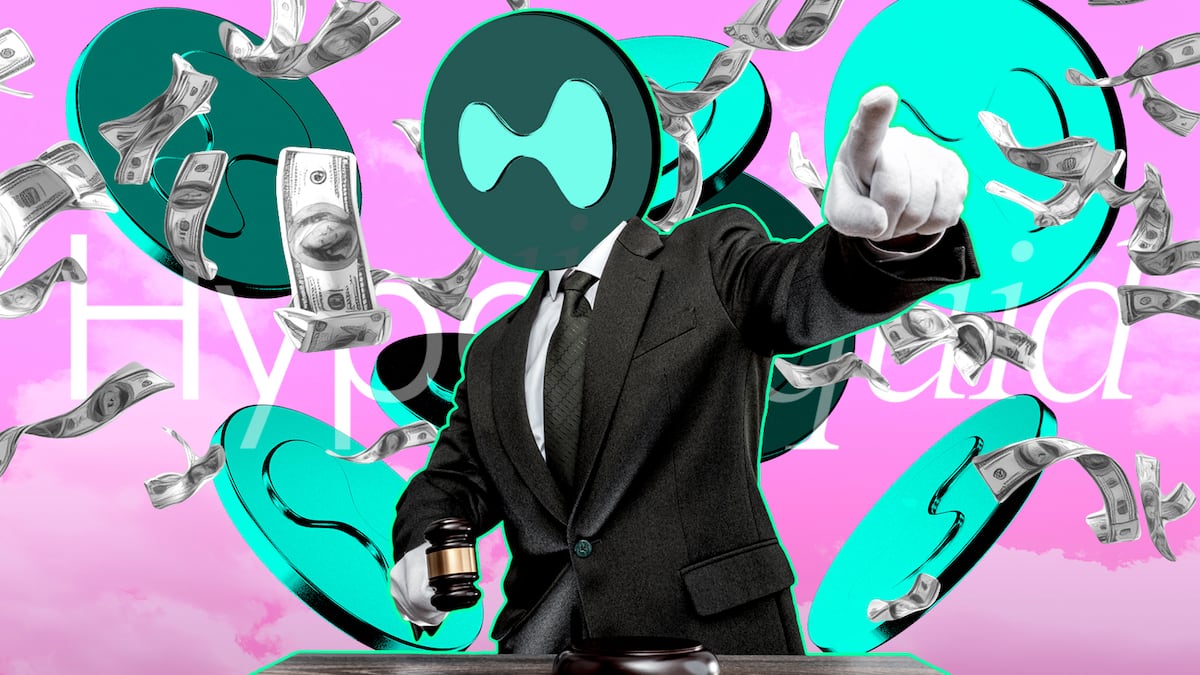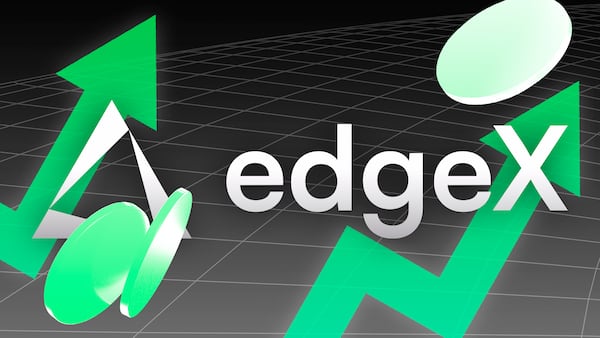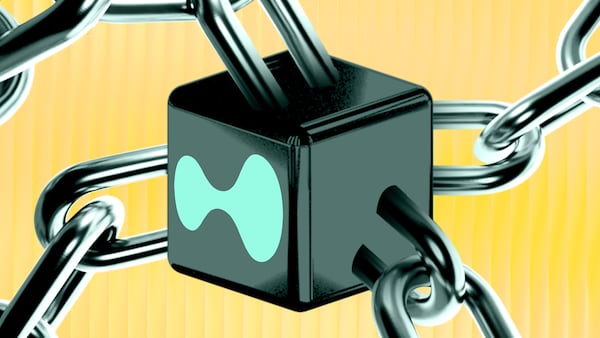- More teams are submitting proposals to build Hyperliquid's USDH stablecoin.
- Native Markets is currently the frontrunner, according to Polymarket bettors.
Competition over who will get the right to build Hyperliquid’s highly-anticipated USDH stablecoin is reaching a fever pitch.
On Wednesday, Paxos, the New York-based fintech firm behind PayPal’s stablecoin, posted a revised proposal in response to the increased competition, the second bidder to do so after Native Markets.
Since the start of the week, several more teams — including Curve Finance, Ethena, Sky, and Bastion Protocol — have also submitted proposals. They bring the total number of competitive bids to almost a dozen.
“USDH bidding is peak crypto,” Brett DiNovi, head of marketing at MegaLabs, a blockchain project, said on X. “CEOs of multi-billion dollar companies are fighting for their lives getting proposals in.”
On Friday, Hyperliquid, a perpetual futures platform and blockchain, announced it would start taking proposals from teams to build a stablecoin on the protocol.
The catch? The winning bid will be decided through a vote among Hyperliquid’s validators, the entities who run the software behind the protocol. Bidders must submit proposals detailing how they would structure a potential USDH stablecoin in an attempt to secure votes.
It’s highly competitive because Hyperliquid is so successful. It’s the biggest decentralised futures platform, handling more than $377 billion worth of trades over the past month.
A stablecoin with Hyperliquid’s blessing will likely generate lots of demand and be highly lucrative for whoever secures the rights to build it.
The favourites
Native Markets, a new organisation put together specifically to compete for the right to issue USDH, is currently in the lead to win the bid, according to bettors on Polymarket.
They give the team a 87% chance of securing the rights to build the stablecoin.
The organisation is led by Max Fiege, a Hyperliquid ecosystem investor and advisor. Many in the Hyperliquid community view Native Markets as the team most aligned with Hyperliquid because of this.
CMI, a Hyperliquid validator, has already announced its intention to vote for Native Markets proposal, despite the window for proposals still being open.
Paxos is in second place, with Polymarket bettors giving it a 8% chance of winning the bid.
The firm’s updated proposal adds a PayPal ecosystem integration with $20 million of incentives, and a new HYPE token buyback and profit structure.
Ethena, the DeFi protocol that issues the USDe dollar-pegged token, is in third, with bettors giving it a 6% chance of winning.
It plans to back USDH with its USDtb stablecoin issued in partnership with Anchorage Digital Bank. Ethena’s proposal also pledges to use at least 95% of the net revenue generated from USDH reserves for the benefit of the Hyperliquid community.
Sky, the DeFi protocol behind the DAI and USDS stablecoins, is in fourth place with less than a 1% chance to win, according to bettors.
Despite Sky, formerly MakerDAO, being the longest running DeFi protocol in the mix, its proposal isn’t as popular as others among the Hyperliquid community.
The protocol’s B- credit rating, which it received from S&P Global Ratings in August, could be a detriment to its bid.
The rating means S&P Global views Sky’s DAI and USDS stablecoins as risky as debt from developing nations like Nigeria, El Salvador, and the Democratic Republic of the Congo.
That means USDH is going to be viewed at least as risky as Sky in the eyes of institutions, PaperImperium, a governance liaison for DAO services firm GFX Labs, said on X. “Better to be unrated, especially with deterioration of Sky capital reserves since that rating,” he said.
Hyperliquid validators will be able to vote on their preferred proposal on September 14 after the protocol’s next network upgrade.
Update, September 10: Included date for when validators will be able to vote on UDSH proposals.
Tim Craig is DL News’ Edinburgh-based DeFi Correspondent. Reach out with tips at tim@dlnews.com.









